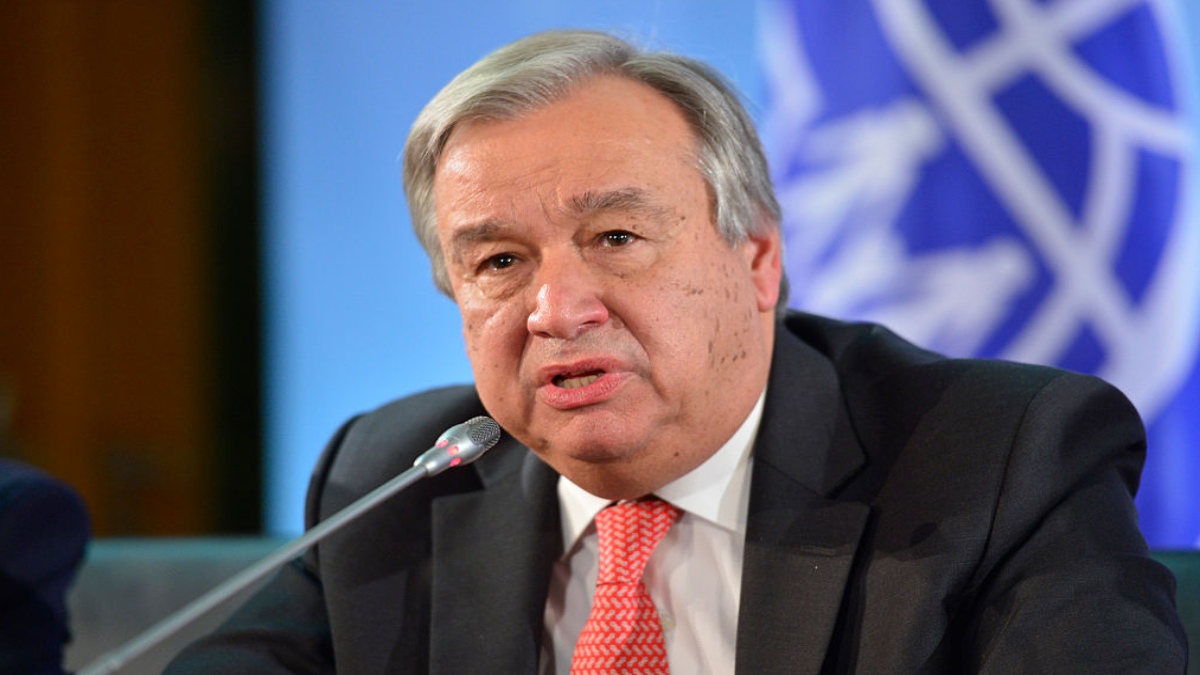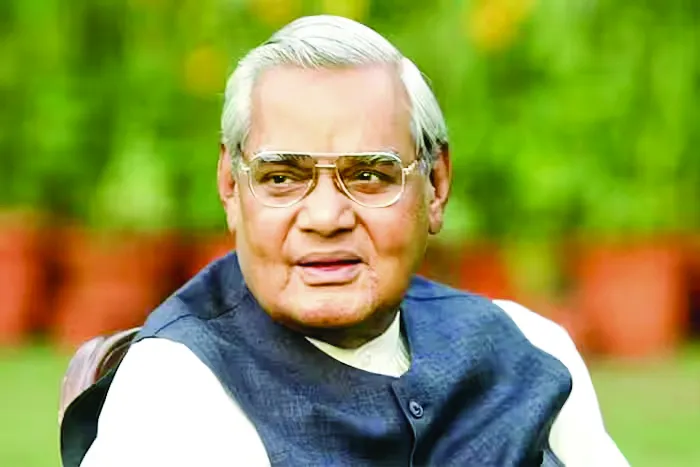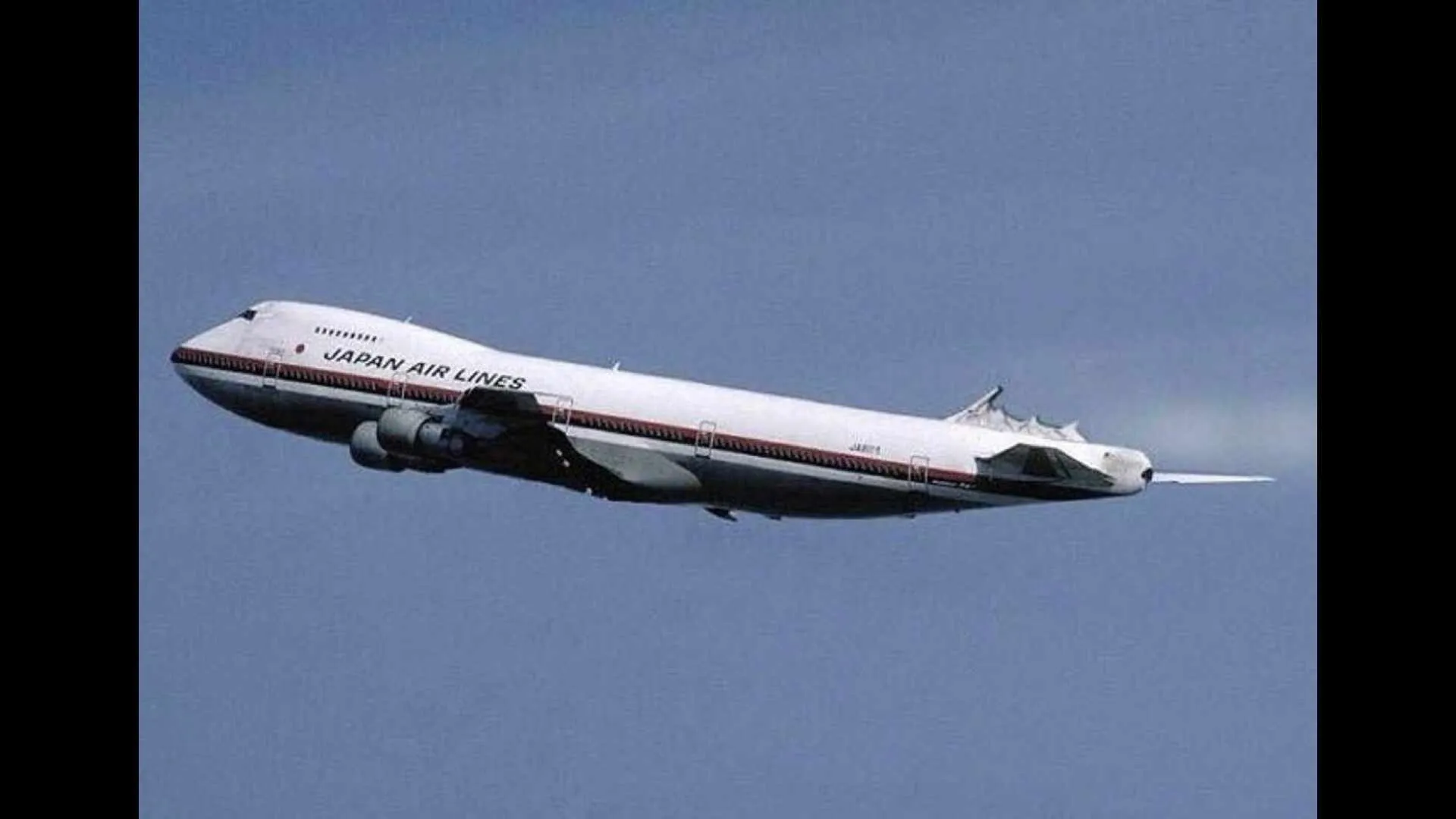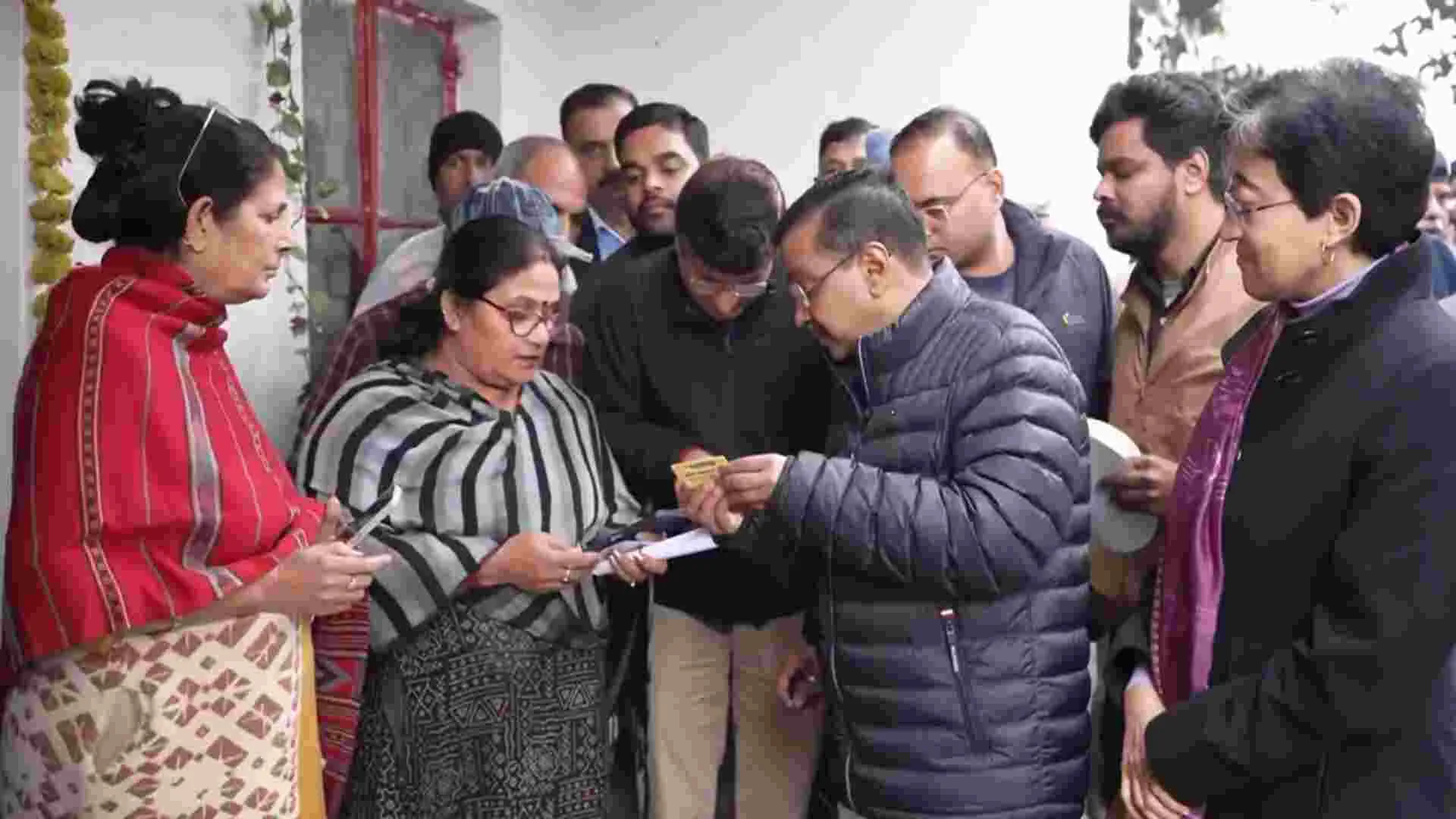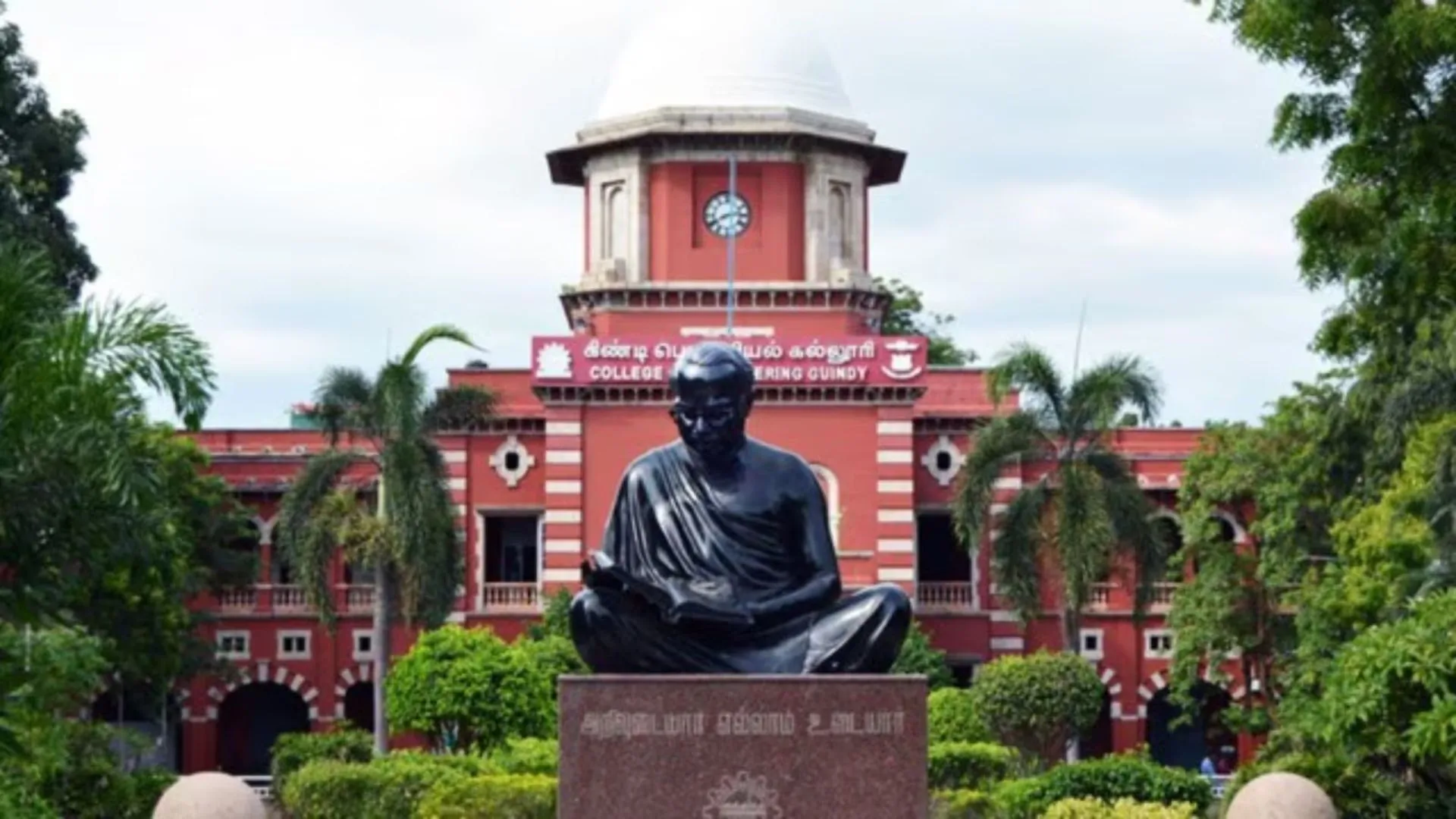After paying floral tributes to martyrs of the 26/11 terror attacks in Mumbai at Taj hotel, United Nations Secretary General (UNSG) Antonio Guterres on Wednesday said fighting terrorism must be a global priority. He also said no cause can justify terrorism of any kind. The UN chief further remarked, “Terrorism is absolute evil and has no place in today’s world. No cause and no incident can justify terrorism.” The UN Chief’s observations regarding terrorism came at a time when China once again blocked the US-India joint proposal seeking blacklisting of Pakistan based terrorists of Lashkar-e-Tayyaba (LeT) at the UN. Significantly, the UN chief made these remarks while paying tributes to 166 people who were killed in the attacks carried out by the terrorists of LeT in Mumbai. And shamefully, China has come to the rescue of terrorists of this very terror outfit at the United Nations. So, Guterres’ statement saying that fighting terrorism must be a global priority can be seen as a clear-cut message for China. During an interview with a news channel, on a specific question about China hurdle of this kind at UN, Guterres called for more international cooperation to fight terrorism. “The world needs more international cooperation in the fight against terrorism and it cannot accept the geopolitical divides to compartmentalise the issue of terrorism.” These observations from the UNSG were also a categorical message for Beijing. What is more significant is that the UNSG made these remarks while visiting India. This augurs well for India’s current diplomatic campaign as part of which New Delhi is trying to reach out to the global community to impress upon it that China is weakening the UN sanctions regime with its double standard on terrorism. The point that India must also emphasise on is that Chinese role in UNSC must be reviewed given its misconduct in terms of protecting terrorists from its all-weather friend Pakistan. There is no dearth of instances that bring to the fore China’s unprincipled and immoral behaviour at the United Nations. Over the past few months, Beijing has blocked several proposals to blacklist Pakistan-based terrorists at UN. The international community must take note of the same and come heavily down on Beijing, asking it to mend its ways.
At the same time, what is also needed is that the UN should shun lackadaisical approach on the issue of terrorism. What is worth recalling in this context is that at a UNSC session on “Threats to international peace and security caused by terrorist acts” some time back, the Secretary General’s report focussed only on ISIS’s or Daesh’s activities. To utter disappointment of New Delhi, there was no mention of the Pak-based terrorist groups operating in India in that report. Indian envoy to UN Ruchira Kamboj then severely criticised this “lackadaisical” approach of the UN on the issue of terrorism. She even went to the extent of saying that ‘the credibility of the UN sanctions regime is at an all-time low.’ External Affairs Minister S. Jaishankar must have used his meeting with the UN Chief in Gujarat on Wednesday to underline that this kind of silence on the part of UN over Pak-based terror groups is also objectionable and that such attitude cannot strengthen the comprehensive fight against terrorism.
India must continue to highlight its concern over the fact that the double standards and continuing politicisation of the sanctions committee have been responsible for the ineffective performance of the UN sanctions regime. That the practice of placing holds and blocks on listing requests without giving any justification must end is India’s message for China that the global community and the UN must also highlight. What is a welcome move is that Jaishankar raised China’s attempt to protect Pak-based terrorists at UN, stressing on the need to ensure that it does not repeat the same conduct in future. There should be a comprehensive plan on which the entire global community must work sincerely to make sure that China removes the roadblocks in future. It was in the wake of massive global pressure that China had decided to support a UN measure to sanction JeM chief Masood Azhar. Beijing continued to oppose any such proposal for around a decade. But the global pressure on China can yield positive results in terms of blacklisting terrorists at UN.
T. Brajesh

